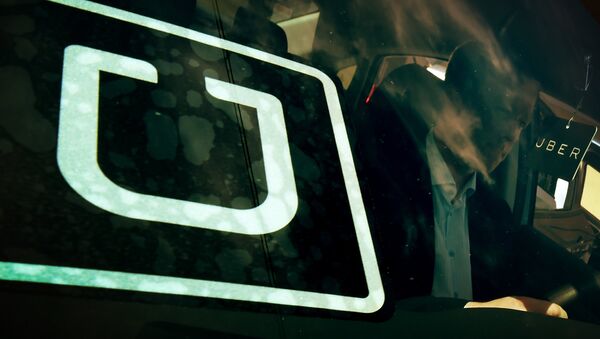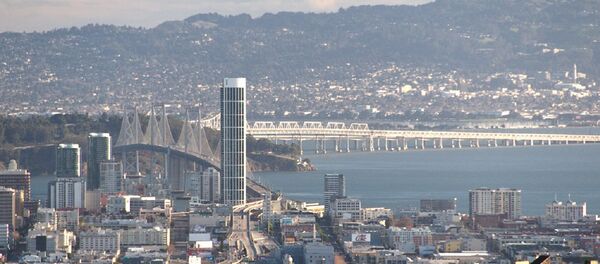Every tech giant and automobile company wants to be the ones to first sink their teeth into the enormous profit promised by mass-market autonomous cars, and Uber is no different. Following a successful pilot of their self-driving cabs in Pittsburgh, Pennsylvania, Uber tried to follow up with a larger-scale pilot program in San Francisco. California law states that any autonomous vehicle must get a special permit from the California DMV before operating on public roads in the state.
Uber did not apply for this permit, citing a loophole that it believed it could use to circumvent state regulations. California defines an autonomous vehicle as being able to drive "without the active physical control or monitoring of a natural person." Uber’s pilot program includes a human driver and an engineer to be in the car and take over in the case of high-risk traffic situations, such as school and construction zones.
California disagreed with the company’s assessment, threatening Uber with a legal injunction if they continued to operate without a permit. California DMV director Jean Shiomoto sent Uber a letter in which she offered to "personally help to ensure an expedited review and approval process," potentially permitting Uber’s program in as little as three days.
Uber, instead, opted to jump from California to neighboring Arizona. Doug Ducey, governor of Arizona, tweeted, "California may not want you; but AZ does!" Ducey released a written statement, "Arizona welcomes Uber self-driving cars with open arms and wide open roads. While California puts the brakes on innovation and change with more bureaucracy and more regulation, Arizona is paving the way for new technology and new businesses."
An Uber spokesperson said on Thursday that "our cars departed for Arizona this morning by truck… we'll be expanding our self-driving pilot there in the next few weeks, and we're excited to have the support of Governor Ducey."
Uber has routinely been the object of controversy and criticism, gaining a reputation for skirting regulations, and some say safety and common-sense, whenever possible. The company considers their drivers to be contractors, rather than employees, allowing them to avoid paying entitlements such as business expenses and vehicle maintenance. A 2013 class-action lawsuit was filed by Uber drivers claiming that they were mislabeled as contractors rather than employees. A judge ruled in the drivers' favor.



